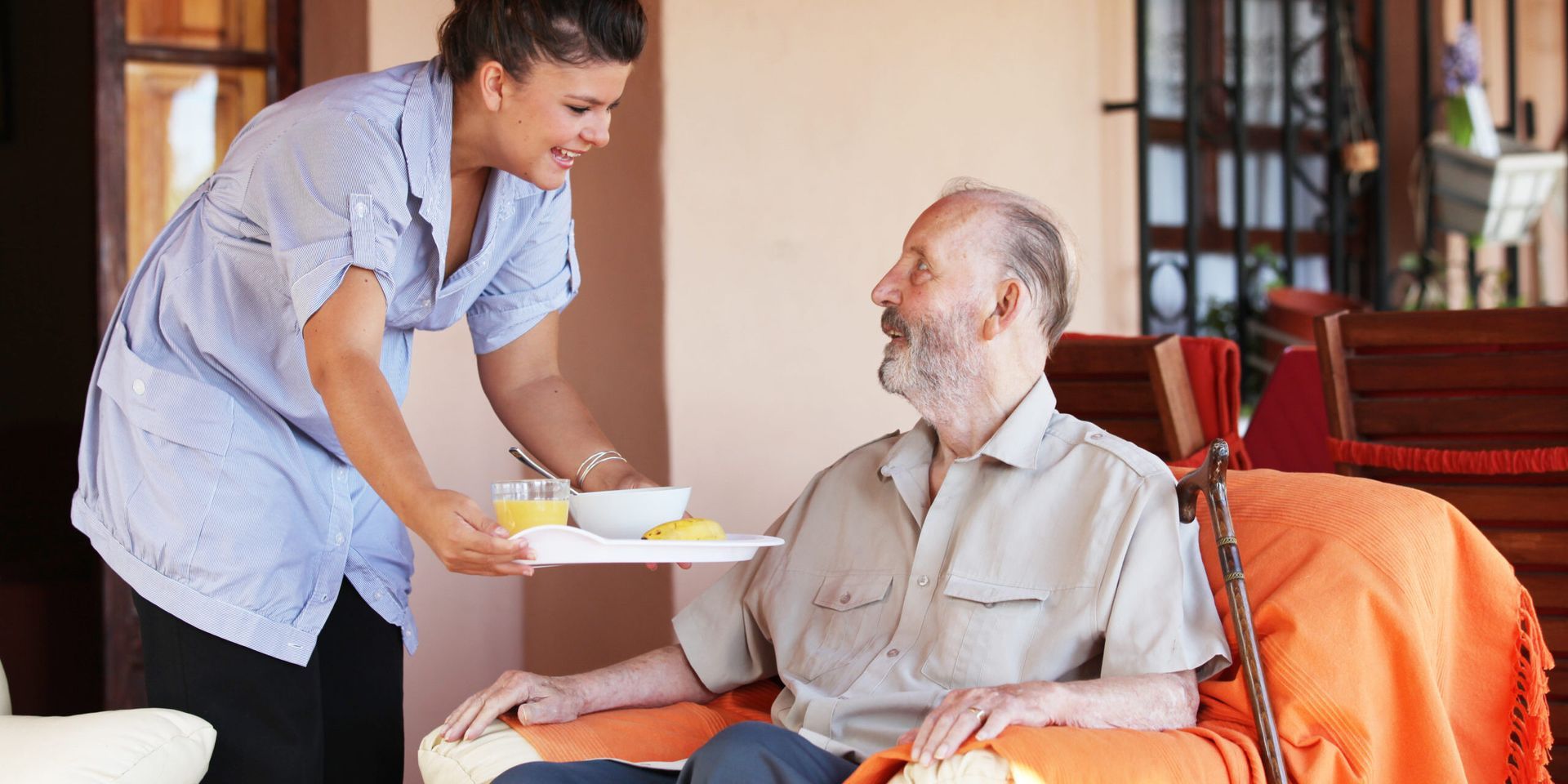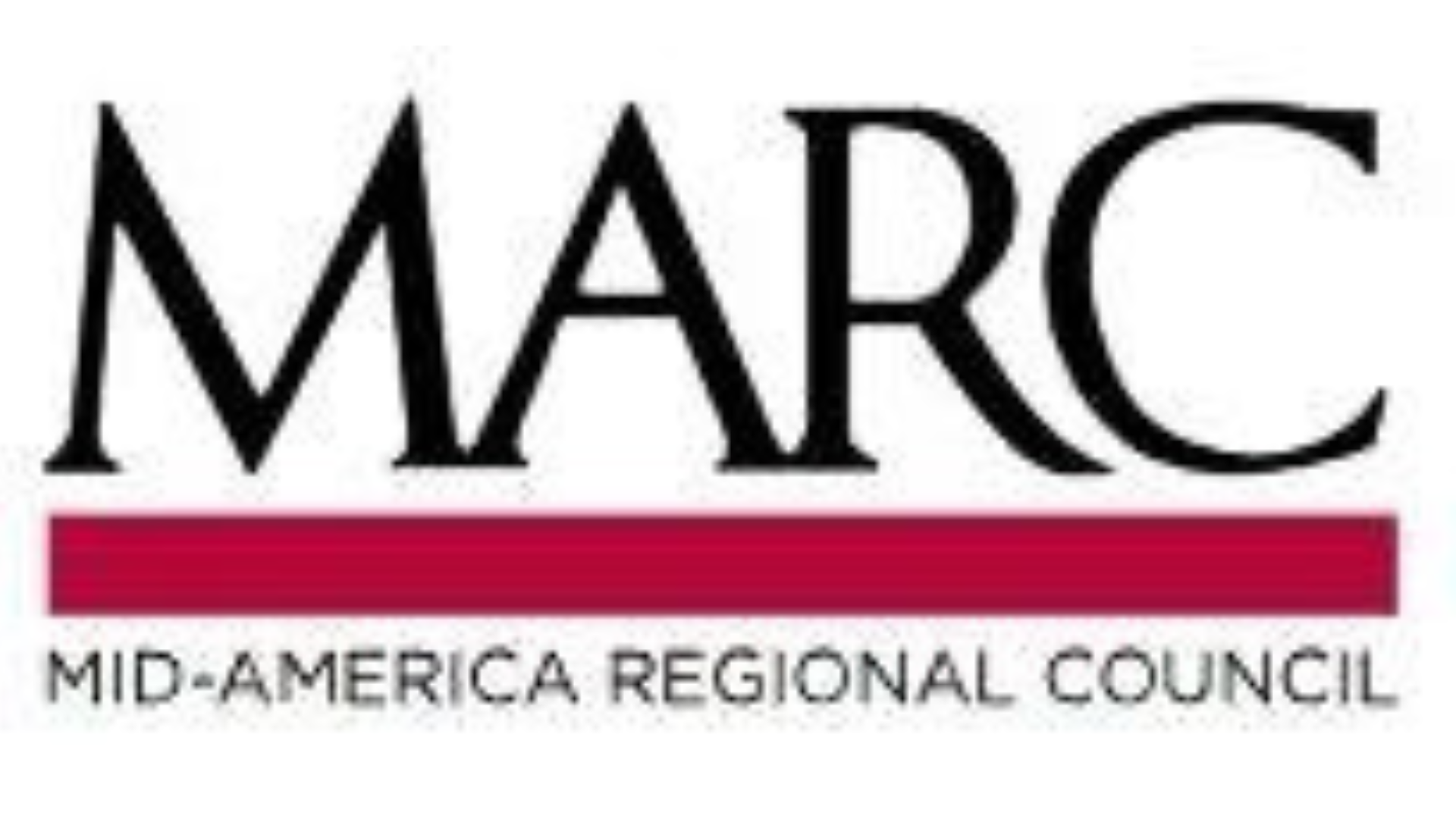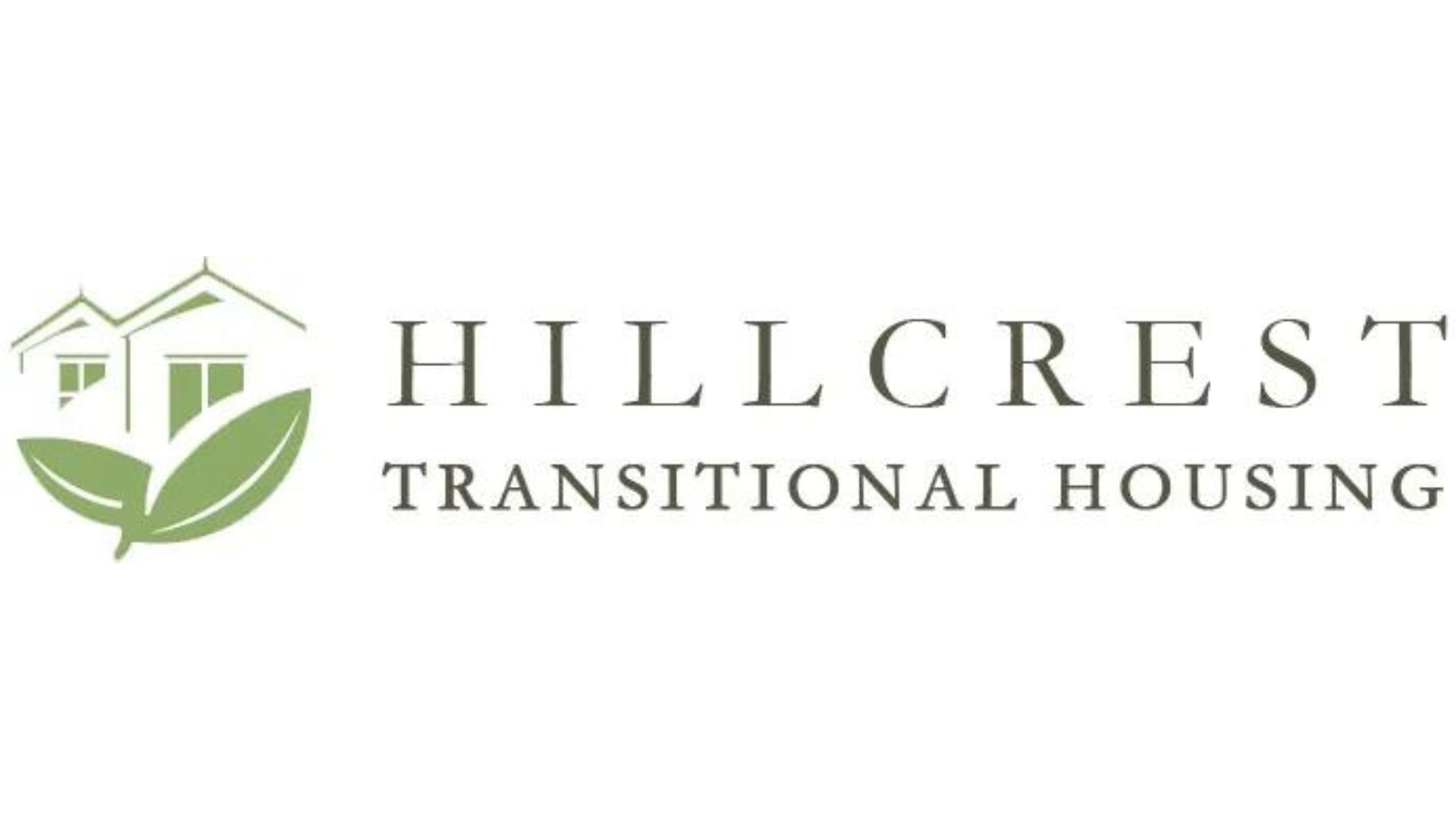Consideration and options to keep a senior or loved one safe at home.
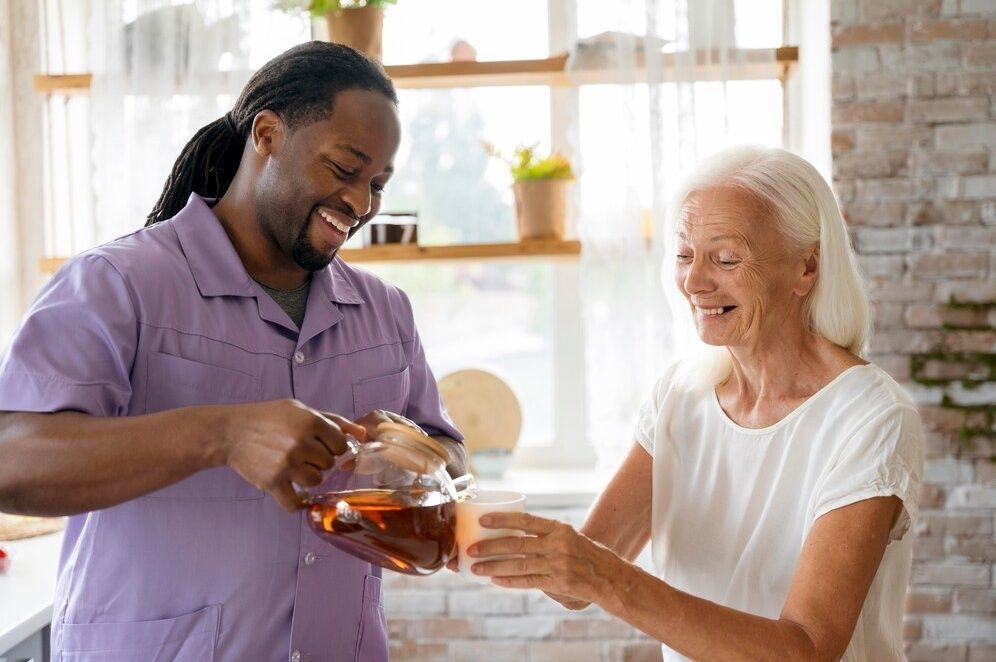
The Benefits of Non-Medical In-Home Care: Helping Seniors Stay Safe at Home
As loved ones age, the need for extra support with daily activities becomes increasingly important. Many seniors prefer to remain in the comfort of their own homes rather than move to an assisted living facility or nursing home. For those who don’t require skilled nursing or medical care, non-medical in-home care can be a great solution. It provides assistance with daily tasks, companionship, and peace of mind—all while allowing seniors to maintain their independence in a familiar environment.
What is Non-Medical In-Home Care?
Non-medical in-home care focuses on helping seniors with daily living activities rather than providing medical treatments. Caregivers assist with tasks that may have become difficult due to aging, illness, or mobility challenges, ensuring that seniors remain safe and comfortable at home.
Key Benefits of Non-Medical In-Home Care
1. Promotes Independence
Many seniors fear losing their independence. With in-home care, they can continue living in their own homes while receiving the support they need for everyday tasks. This balance of help and autonomy allows them to stay engaged in their routines and communities.
2. Provides Personalized Assistance
Every senior’s needs are different. Non-medical in-home care can be customized to provide just the right amount of help, whether it’s a few hours a week or full-time assistance. Services can be adjusted as needs change.
3. Ensures Safety and Reduces Fall Risks
Falls are a leading cause of injury among seniors. Caregivers help create a safer living environment by assisting with mobility, providing light housekeeping, and ensuring that walkways are clear of obstacles. They can also help with personal care tasks such as bathing and dressing, reducing the risk of falls.
4. Supports Family Caregivers
Caring for an aging loved one can be overwhelming. Non-medical caregivers provide relief for family members, allowing them to take breaks, manage their own responsibilities, and prevent caregiver burnout.
5. Offers Companionship and Emotional Support
Loneliness and social isolation are common among seniors. In-home caregivers provide friendly companionship, conversation, and engagement in activities, helping to improve emotional well-being and mental health.
6. Helps with Household Tasks and Meal Preparation
Simple chores can become difficult with age. Caregivers can assist with light housekeeping, laundry, and meal preparation, ensuring that seniors have a clean and healthy living environment.
7. Provides Transportation and Errands Assistance
Seniors who can no longer drive may struggle with getting to doctor’s appointments, grocery shopping, or social outings. Caregivers can provide transportation assistance, helping seniors stay connected to their community and maintain an active lifestyle.
What Services Are Available for In-Home Care?
Non-medical in-home care services vary based on the individual’s needs. Common services include:
- Personal care – Help with bathing, dressing, grooming, and hygiene.
- Companionship – Engaging in conversation, games, hobbies, or walks.
- Meal preparation – Cooking nutritious meals and assisting with feeding if needed.
- Light housekeeping – Keeping the home tidy, laundry, and organizing.
- Medication reminders – Ensuring seniors take their prescribed medications on time.
- Transportation – Driving to appointments, errands, or social engagements.
- Respite care for family members – Giving primary caregivers a much-needed break.
Is Non-Medical In-Home Care the Right Choice?
If your loved one wants to remain at home but needs extra assistance with daily tasks, non-medical in-home care can be a great solution. It provides flexible, personalized support without requiring a move to a senior care facility. Whether a senior needs a few hours of help per week or full-time assistance, in-home care services can bridge the gap between independence and safety.
If you’re considering non-medical in-home care, research local providers, ask about customized care plans, and explore financial assistance options. Many long-term care insurance policies, veterans’ benefits, and Medicaid programs may help cover the costs.
Final Thoughts
Aging doesn’t have to mean giving up the comfort and familiarity of home. With non-medical in-home care, seniors can age in place safely, enjoy companionship, and receive the support they need to live comfortably. Whether you’re exploring care options for yourself or a loved one, understanding the benefits and available services can help you make the best decision for long-term well-being.
At Family Shepherd, we understand how important it is to find trusted, reliable care for your loved one. If you're looking for an in-home care provider, we’d be happy to refer you to a company we know, like, and trust for your family.
Click here to contact us, and let us help you find the best solution for your needs at no cost to you.
Supporting the Senior Living Industry
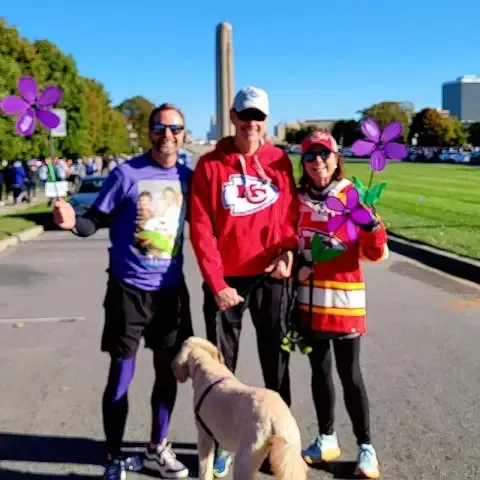


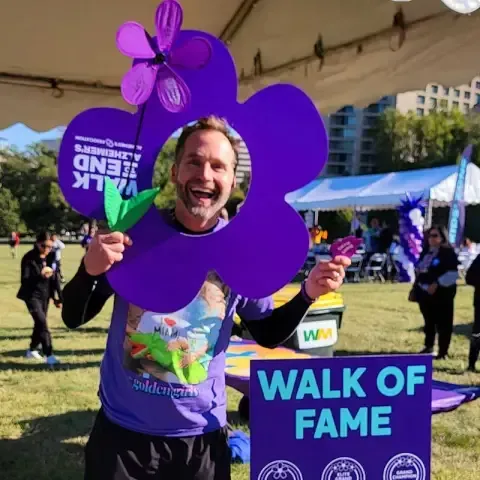
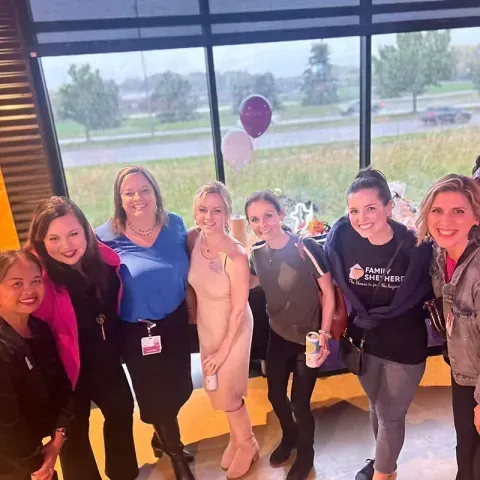
Recent Helpful Articles
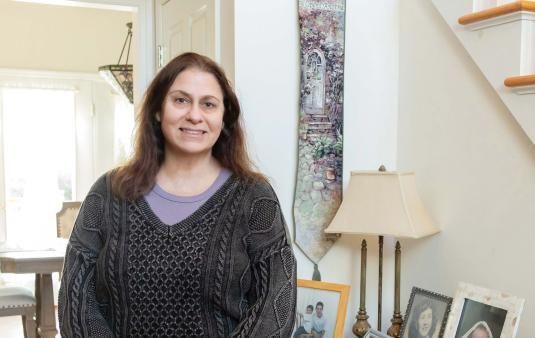

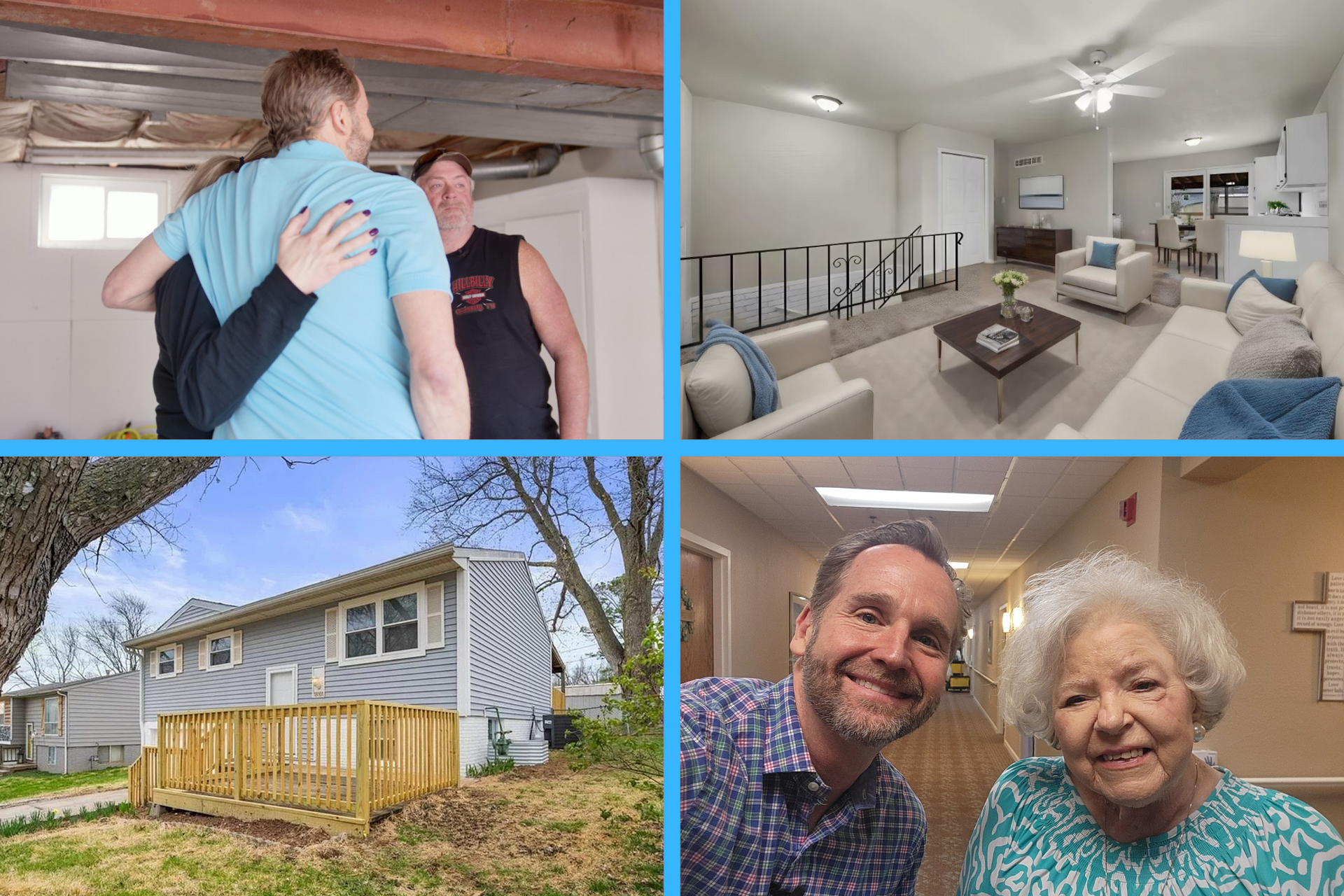

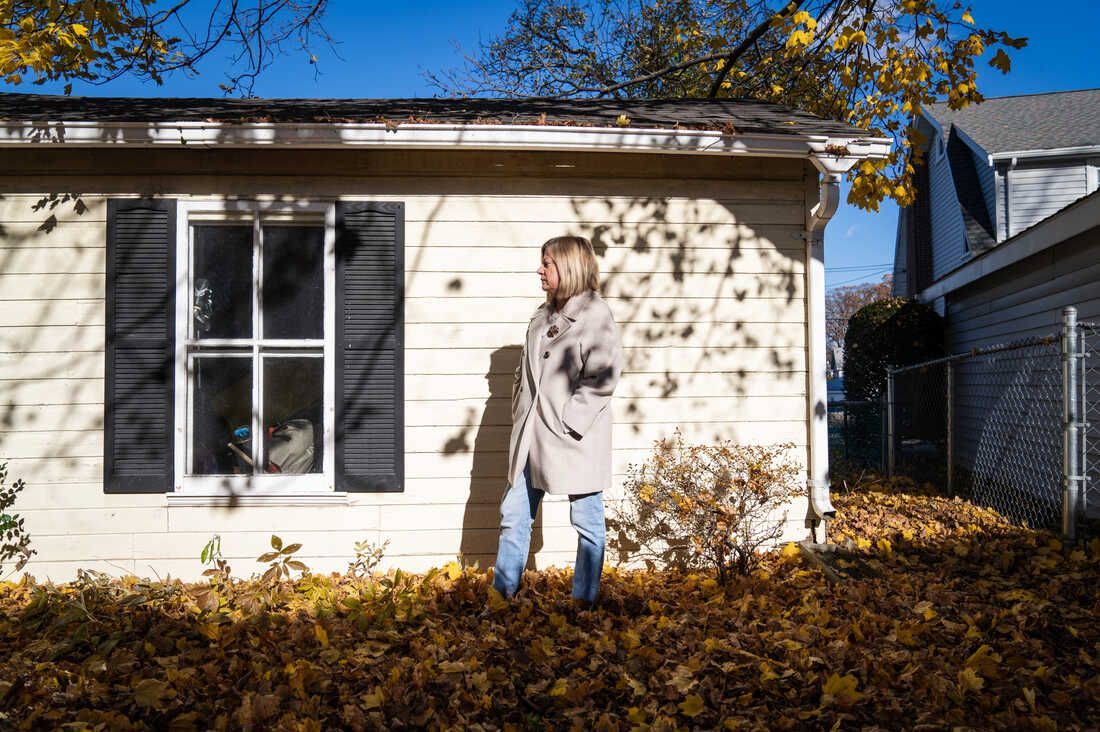
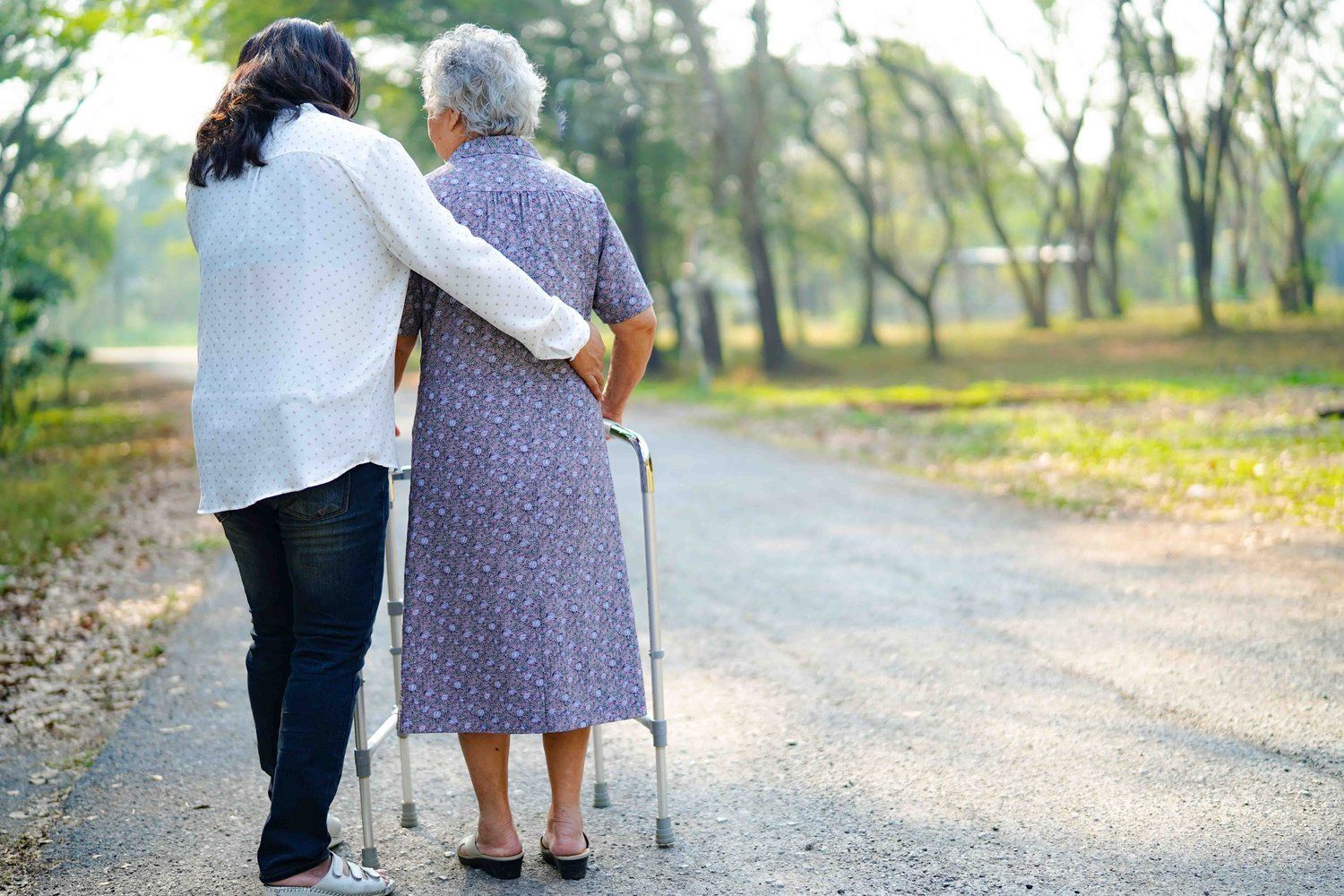
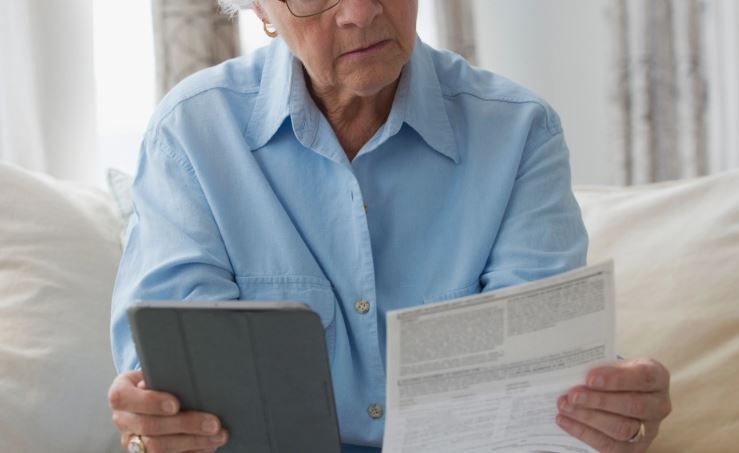

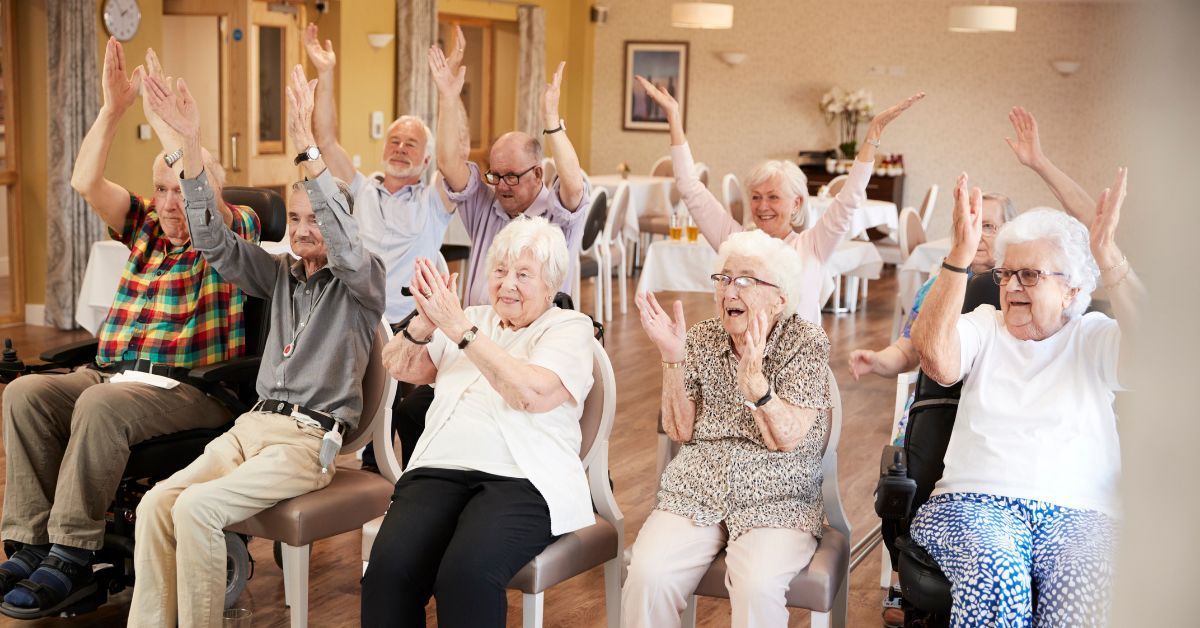
Quick Links
Our Location
ALL RIGHTS RESERVED | FAMILY SHEPHERD | PRIVACY POLICY

